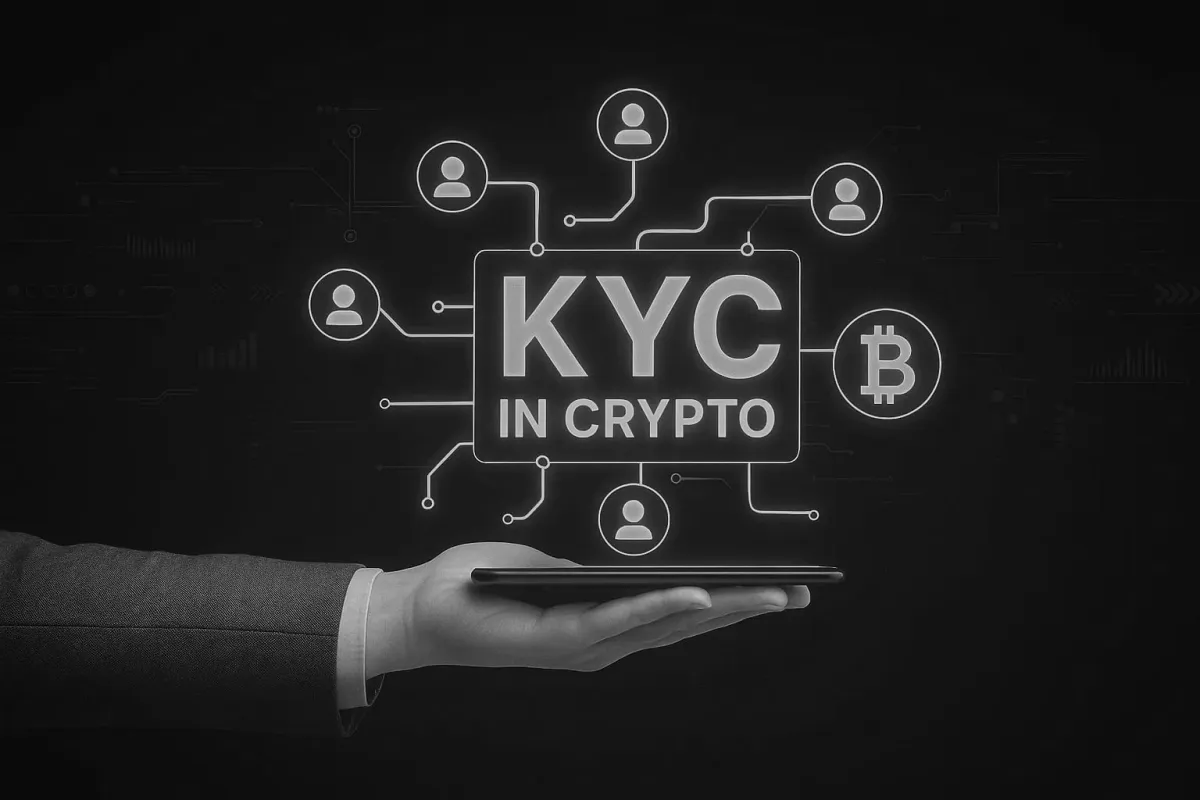Crypto has reshaped the financial world—offering speed, freedom, and global reach like never before. But with that freedom comes risk. One of the biggest challenges? Making sure people are who they say they are. That’s where Know Your Customer (KYC) comes in. It’s not just a box to check—it’s the foundation of a safe, compliant crypto ecosystem. In this post, we’ll break down what KYC means in crypto, why it’s essential, how it fits into compliance frameworks, and the tools crypto businesses can use to stay ahead.





